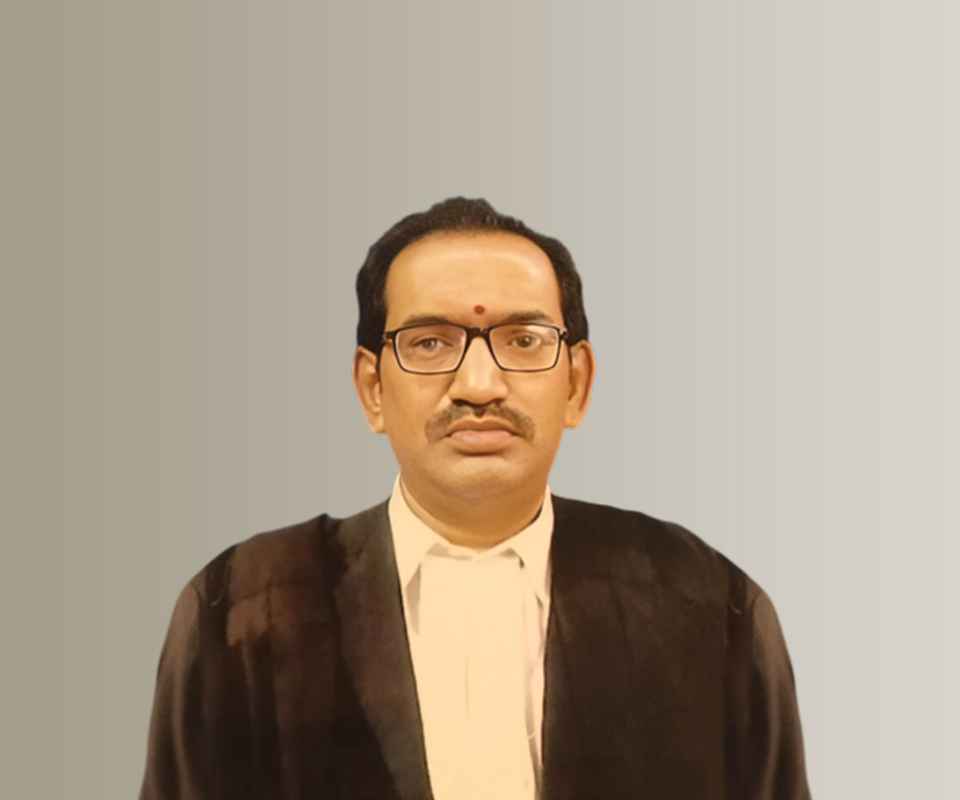Answer By law4u team
Retirement planning involves accumulating sufficient funds to ensure financial security after one’s working years. Mutual funds are increasingly being considered a viable option for retirement planning due to their potential for long-term growth, diversification, and professional management. Unlike fixed-income options, mutual funds offer the potential for higher returns, making them an attractive investment for those looking to grow their wealth over time. However, like any investment, mutual funds come with their own set of risks and considerations. It's crucial to evaluate their pros and cons before deciding if they are suitable for your retirement goals.
Are Mutual Funds Good For Retirement Planning?
Yes, mutual funds can be an excellent tool for retirement planning, especially when approached with a long-term perspective. Here’s why:
Diversification
One of the key benefits of investing in mutual funds is diversification. Mutual funds pool money from many investors and invest in a wide variety of assets, such as stocks, bonds, and real estate. This diversification helps reduce the risk of a single asset's poor performance affecting your overall portfolio.
Potential for High Returns
Over long periods, mutual funds, especially equity mutual funds, have the potential to provide higher returns compared to traditional investment options like fixed deposits or savings accounts. The power of compounding works well for retirement goals, where the objective is to accumulate wealth over a long time horizon.
Professional Management
Mutual funds are managed by professional fund managers who have the expertise to make informed investment decisions. For individuals who may not have the time or knowledge to pick individual stocks or bonds, mutual funds offer a convenient and professionally managed investment vehicle.
Systematic Investment Plans (SIPs)
SIPs allow individuals to invest a fixed amount regularly in a mutual fund, regardless of market conditions. This method encourages discipline in investing and allows investors to average out the cost of their investments over time, which can help mitigate the impact of market volatility.
Liquidity and Flexibility
Unlike some retirement investment options, mutual funds offer liquidity, allowing investors to redeem their units anytime. While this may not be ideal for short-term needs, it gives flexibility, especially if you need funds in emergencies.
Tax Benefits
Certain mutual funds, like Equity-Linked Savings Schemes (ELSS), offer tax-saving benefits under Section 80C of the Income Tax Act. This can be beneficial for those looking to save on taxes while building wealth for retirement.
Risks and Considerations
While mutual funds have several benefits, there are also risks and factors to consider when using them for retirement planning:
Market Risk
Mutual funds, especially equity-based funds, are subject to market volatility. The value of investments can fluctuate based on the performance of the underlying assets. Therefore, while mutual funds have the potential for higher returns, they also carry a higher level of risk compared to conservative investments.
Long-Term Commitment
Retirement planning requires long-term investments, and mutual funds may not provide immediate returns. It is crucial to stay invested for several years, especially during periods of market downturn, to fully benefit from the power of compounding and market recovery.
Expense Ratio
Mutual funds come with an expense ratio, which is a fee charged by the fund house for managing the fund. While these fees are typically low, they can eat into your returns over time, especially in actively managed funds.
No Guaranteed Returns
Unlike fixed-income instruments such as pension plans or government bonds, mutual funds do not guarantee returns. Therefore, relying solely on mutual funds for retirement may expose you to the risk of underperformance during market slumps or economic downturns.
Need for Regular Monitoring
While mutual funds are professionally managed, it’s still important to monitor your investments periodically to ensure they align with your retirement goals and risk tolerance. Shifts in market conditions or changes in your financial situation may require you to adjust your investment strategy.
How to Use Mutual Funds for Retirement Planning
Start Early
Begin investing in mutual funds as early as possible to benefit from compounding. The longer the investment horizon, the greater the potential for growth.
Choose the Right Funds
Choose mutual funds that align with your risk tolerance and investment goals. Equity mutual funds are ideal for younger investors who can take more risks, while debt funds or balanced funds may be more suitable for those closer to retirement.
Create a Diversified Portfolio
Invest in a mix of mutual funds, including equity funds, debt funds, and hybrid funds, to ensure a diversified portfolio. This will help balance risks and returns.
Use SIP for Consistent Investment
If you’re just starting, SIP is a great way to start investing without worrying about market timing. It helps inculcate a disciplined savings habit and minimizes the impact of market fluctuations.
Example
Consider Nina, a 30-year-old professional who starts investing ₹10,000 monthly in an equity mutual fund through an SIP. Assuming an average annual return of 12%, after 30 years, her investment would grow to approximately ₹1.34 crore. On the other hand, if Nina chooses to invest in a debt mutual fund with an average return of 8%, her corpus after 30 years would be around ₹51 lakh. Thus, mutual funds provide significant potential for wealth accumulation if one invests regularly and stays committed to long-term goals.
Conclusion
Mutual funds can be an effective and flexible tool for retirement planning. They offer the potential for high returns, diversification, and professional management, making them a popular choice for long-term investors. However, like all investments, they come with risks that should be carefully considered. It’s important to start early, invest regularly, and select the right funds based on your retirement goals, risk tolerance, and time horizon. By using mutual funds strategically, you can build a strong financial foundation for a comfortable retirement.







